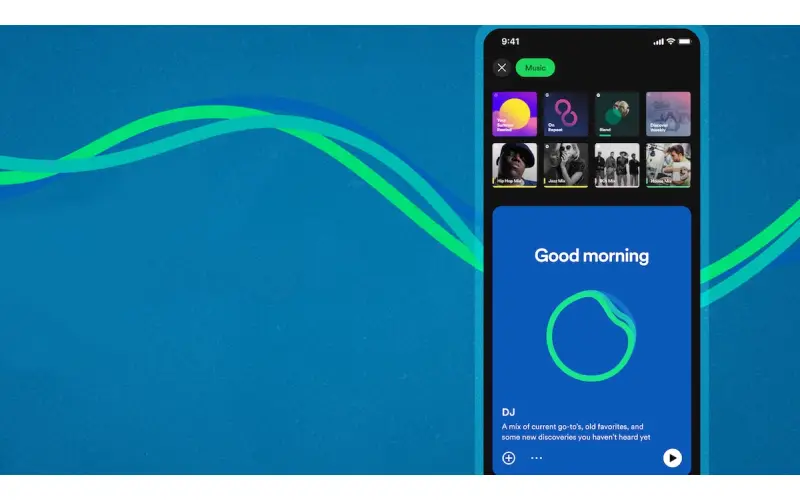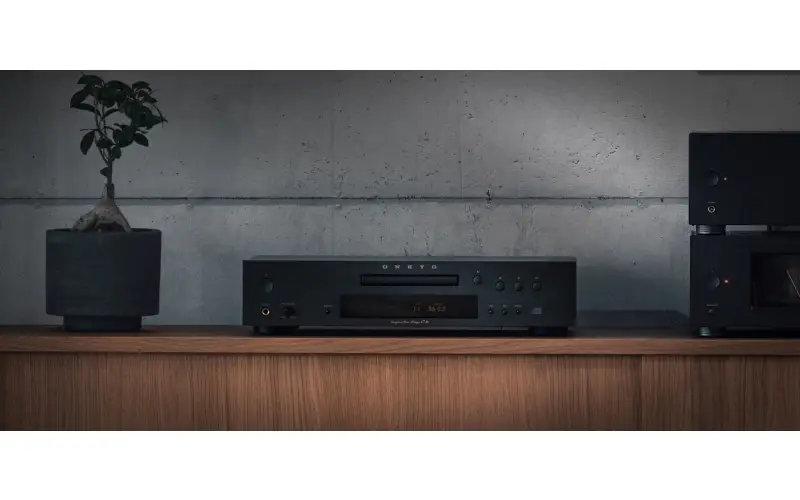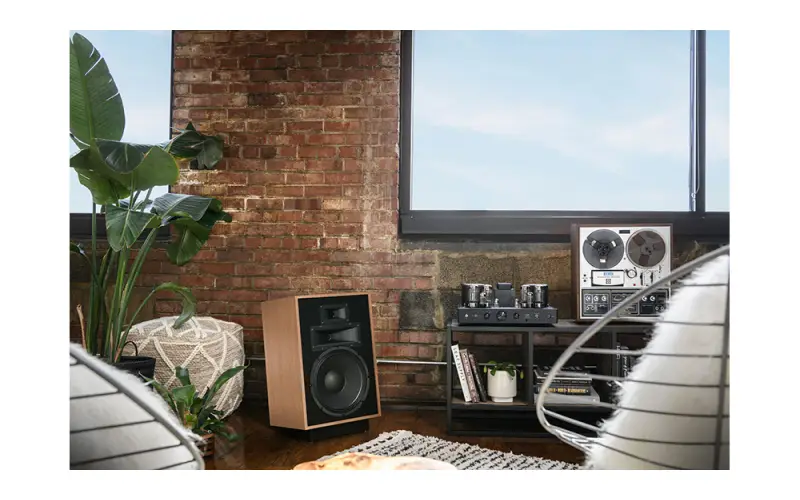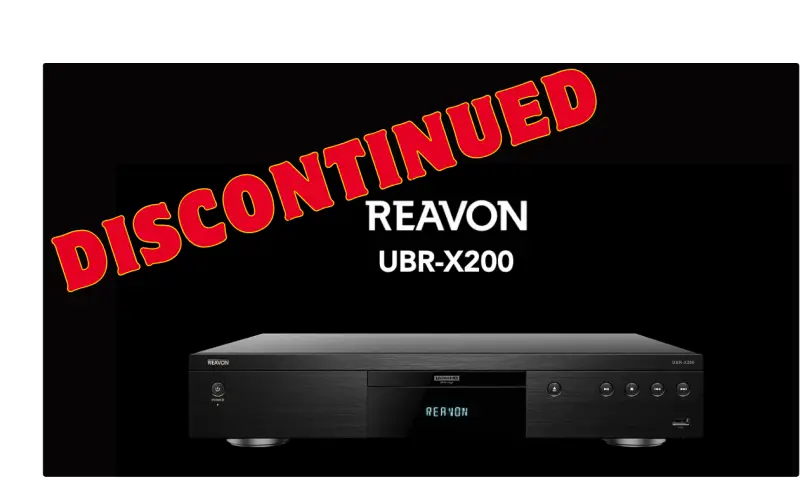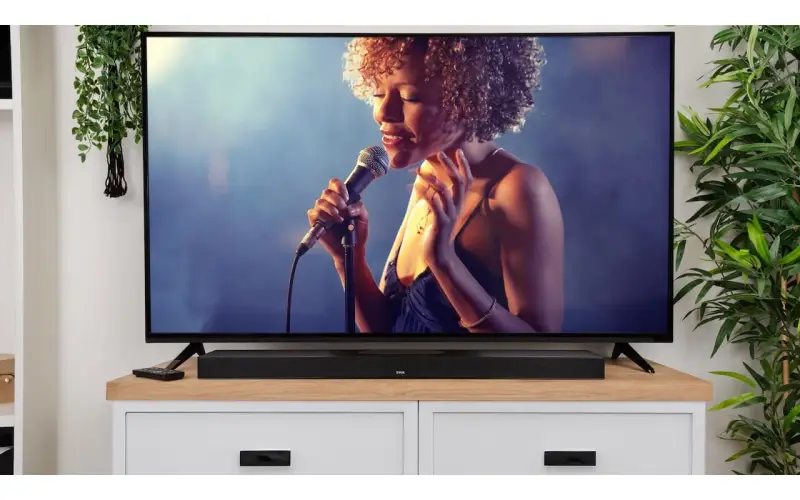By: Dipin Sehdev
Spotify, the undisputed titan of music streaming, finds itself embroiled in a controversy that strikes at the very heart of artistic integrity and intellectual property. Recent revelations, brilliantly brought to light by 404 Media, expose a deeply troubling practice: the appearance of AI-generated tracks on the official Spotify profiles of deceased artists, seemingly without the consent of their estates or labels. This isn't just a misstep; it's a profound betrayal of the artists whose life's work formed the bedrock of Spotify's empire, and a chilling glimpse into a future where AI-driven content could erode the very concept of artistic ownership.
The story, as detailed by 404 Media, is as bizarre as it is infuriating. Take Blaze Foley, the iconic country singer-songwriter whose life was tragically cut short in 1989. Last week, a "new" song titled "Together" mysteriously materialized on his official Spotify page. Any true Foley aficionado, however, would immediately recognize the fraud. As Craig McDonald, owner of Lost Art Records—the label responsible for distributing Foley's music—emphatically stated, "I can clearly tell you that this song is not Blaze, not anywhere near Blaze’s style, at all. It’s kind of an AI schlock bot, if you will. It has nothing to do with the Blaze you know, that whole posting has the authenticity of an algorithm."
Adding insult to injury, the track's accompanying image on Spotify was an AI-generated caricature, bearing no resemblance to Foley himself. This isn't a case of subtle mimicry; it's an overt, almost brazen, act of digital identity theft.
The Unraveling: A Web of Deception
McDonald's wife initially spotted the rogue track, prompting an immediate red flag. While Spotify eventually removed "Together," citing a violation of their "Deceptive Content policy," their initial response and the broader implications are deeply concerning. Spotify, in a classic move of deflection, pointed fingers at SoundOn, a music distributor owned by TikTok, as the source of the upload. While SoundOn primarily facilitates uploads to TikTok, it also allows distribution to other platforms. The blame game, however, does little to assuage the growing unease about Spotify's internal safeguards.
The sheer audacity of this situation highlights a critical flaw in Spotify's system. McDonald, who painstakingly uploaded Foley’s music to Spotify to broaden its reach, never envisioned a scenario where AI-generated content could infiltrate an artist's official page without explicit authorization. "It's harmful to Blaze’s standing that this happened," McDonald lamented. "It's kind of surprising that Spotify doesn't have a security fix for this type of action, and I think the responsibility is all on Spotify. They could fix this problem. One of their talented software engineers could stop this fraudulent practice in its tracks, if they had the will to do so." His proposed solution is simple, yet seemingly elusive for Spotify: require the page owner to greenlight any new track appearing on an artist's official profile.
The "Syntax Error" copyright mark found on "Together" provides a crucial clue, leading 404 Media down a rabbit hole of similar digital infringements. The same copyright appears on "Happened To You," an AI-generated song falsely attributed to Grammy-winning country singer-songwriter Guy Clark, who passed in 2016. Another track, "with you" by Dan Berk, also surfaced with the same copyright and an AI-generated image. A spokesperson for Reality Defender, a deepfake detection company, confirmed that all these tracks exhibited a "higher-than-normal probability of AI generation."
More Than Just AI Slop: A Systemic Problem
While AI-generated music isn't new to Spotify—we've seen everything from AI Christmas music flooding the platform to the curious case of Velvet Sundown, a band with millions of streams that eventually admitted to being AI-generated—what transpired with Foley and Clark is far more egregious. This isn't just about monetizing AI "slop" under a new, anonymous moniker. This is about hijacking the established identities of respected, often beloved, artists and attaching inferior, algorithmically generated content to their legacy.
The core issue here extends far beyond a few rogue tracks. It speaks to a fundamental vulnerability in how platforms like Spotify manage and protect intellectual property, especially in an era of rapidly advancing AI. If a deceased artist's page can be so easily compromised, what does that mean for living artists? What safeguards are truly in place to prevent the proliferation of AI-generated fakes, or worse, deepfake audio mimicking an artist's voice without their consent?
The Broader AI Catastrophe: Where Does the Music Go?
This Spotify saga is a microcosm of a much larger, more ominous trend: the voracious appetite of AI for existing creative works. The uncomfortable truth is that many of the AI models generating music today have been "trained" on vast datasets of existing songs, often without explicit permission or compensation to the original creators. Artists are justifiably concerned that their entire musical catalog, the very essence of their creative output, is being hoovered up by algorithms to create new, derivative works that may eventually compete with or even devalue their own.
Imagine a future where a substantial portion of the music you stream is AI-generated, based on the styles and sounds of human artists who saw little or no benefit from their contributions to the training data. This isn't some far-off dystopia; it's a present-day reality unfolding before our eyes. The ethical and legal ramifications are staggering. Who owns the copyright to AI-generated music? Should artists be compensated for the use of their work in training AI models? These are not hypothetical questions; they are urgent matters that demand immediate attention from lawmakers, technology companies, and the music industry at large.
The lack of transparency and accountability from platforms like Spotify only exacerbates these concerns. Their slow response and finger-pointing illustrate a reactive rather than proactive approach to a rapidly evolving technological landscape. The responsibility, as McDonald rightly points out, ultimately rests with Spotify to implement robust security measures and content verification protocols.
Vote with Your Wallet: Embracing Alternatives
For consumers who value artistic integrity and want to support artists directly, this Spotify controversy should serve as a wake-up call. Continuing to exclusively use a platform that appears to be struggling with fundamental content protection issues, and potentially enabling a broader ecosystem of AI-generated content without proper artist compensation, sends a clear message of tacit approval.
Thankfully, the streaming landscape offers compelling alternatives that prioritize sound quality, artist compensation, and a more curated listening experience. It's time to explore these platforms and make a conscious choice about where your listening habits (and dollars) reside.
Apple Music
Apple Music stands as a strong contender, offering a vast library, seamless integration with the Apple ecosystem, and increasingly, high-resolution audio options like Lossless and Hi-Res Lossless. While not entirely immune to content issues (no platform is), Apple's stricter curation and commitment to artist relationships often provide a more reliable experience. Their model, while still a subscription, generally offers better per-stream payouts to artists compared to Spotify.
Qobuz
For the audiophile and the artist advocate, Qobuz is a standout. This platform prides itself on delivering studio-quality sound, offering music in up to 24-bit Hi-Res FLAC. Qobuz is known for its deep dive into album liner notes and artist information, fostering a more appreciative and informed listening experience. Crucially, Qobuz is often lauded for its better artist compensation rates, making it a powerful choice for those who truly want to support the creators. It's a platform built for those who understand that sound quality and artist support go hand in hand.
Amazon Music
Amazon Music has significantly upped its game in recent years, particularly with its Amazon Music Unlimited tier, which includes a vast catalog of HD and Ultra HD (Hi-Res Lossless) tracks at no extra charge for Prime members. Amazon's sheer scale and technological infrastructure mean they can offer a robust and reliable streaming experience. While their artist payout model is still a subject of industry debate, their commitment to high-fidelity audio makes them a compelling choice for quality-conscious listeners.
Deezer
A long-standing player in the streaming space, Deezer offers a comprehensive catalog and a user-friendly interface. They were among the first to introduce FLAC quality streaming with their "Deezer HiFi" tier. Deezer has also been experimenting with user-centric payment systems, aiming to distribute royalties more fairly to artists based on individual user listening habits, a model that could be a significant step forward for artist compensation.
Tidal
Tidal has long positioned itself as a premium, artist-focused streaming service, championing high-fidelity audio and better artist payouts. Co-owned by artists, Tidal's mission statement explicitly revolves around supporting creators. Their "Tidal HiFi Plus" tier offers Master Quality Authenticated (MQA) audio, providing an exceptionally high-resolution listening experience. For those who prioritize giving back to the artists directly, Tidal remains a powerful choice.
The Path Forward: Accountability and Action
The Spotify AI fiasco, meticulously exposed by 404 Media, serves as a stark reminder of the fragile balance between technological innovation and artistic preservation. It underscores the urgent need for streaming platforms to re-evaluate their responsibilities to the creative community they rely upon. This means:
-
Implementing Robust Verification Systems: Platforms must invest in sophisticated AI detection tools and human oversight to prevent fraudulent content from appearing on official artist pages.
-
Prioritizing Artist Consent: No new content should appear on an artist's official profile without explicit approval from the artist or their estate/label. This should be a non-negotiable security protocol.
-
Transparent AI Training Practices: The music industry, in collaboration with tech companies, must establish clear guidelines and compensation models for the use of copyrighted material in training AI models.
-
Empowering Artists: Artists need more control over their digital presence and greater transparency regarding how their music is being used (and potentially abused) on streaming platforms.
The digital age has brought unprecedented access to music, but it has also created new vulnerabilities for artists. If platforms like Spotify fail to uphold their end of the bargain—to protect and respect the creators who fuel their businesses—then consumers have a clear choice. By migrating to platforms that demonstrate a greater commitment to artistic integrity and fair compensation, we can collectively send a powerful message: the future of music must be built on a foundation of respect, not on the algorithmic exploitation of artistic legacy. The artists built Spotify; it's time Spotify remembered who they serve.
